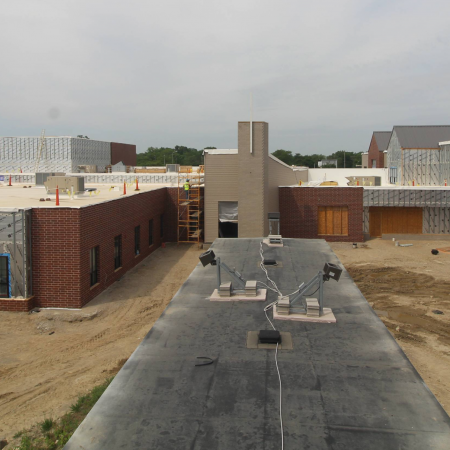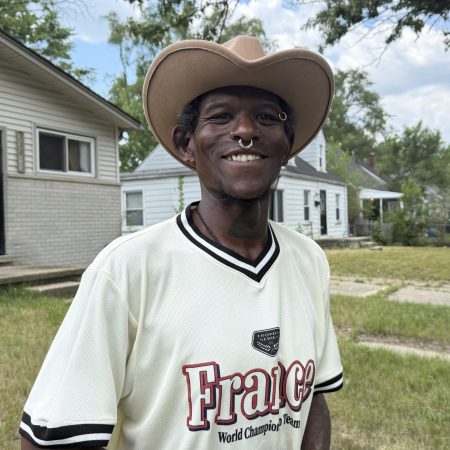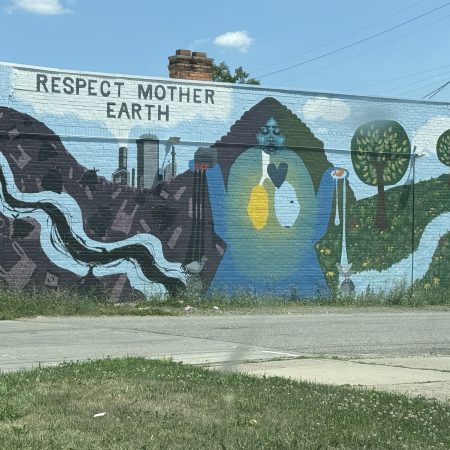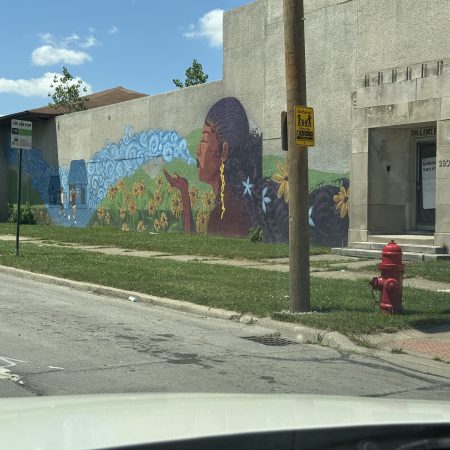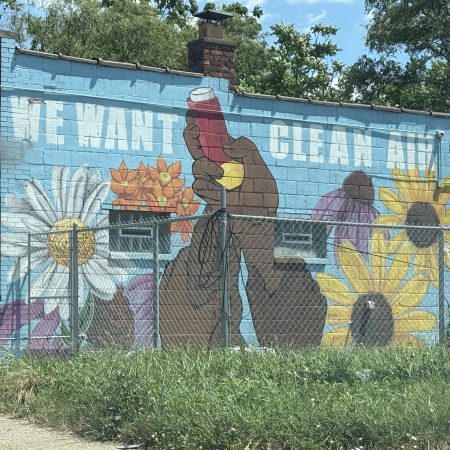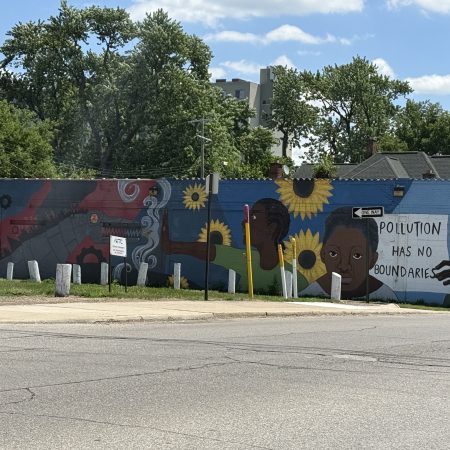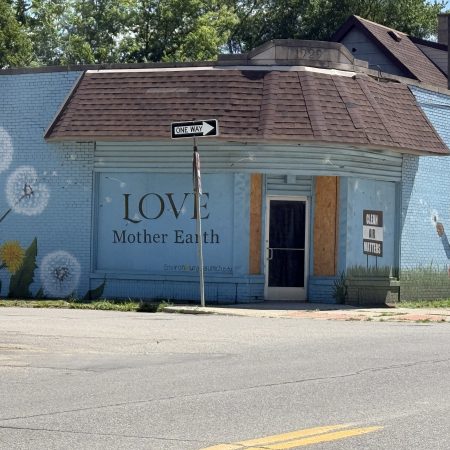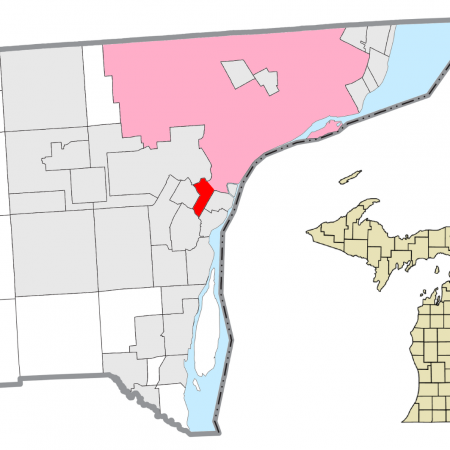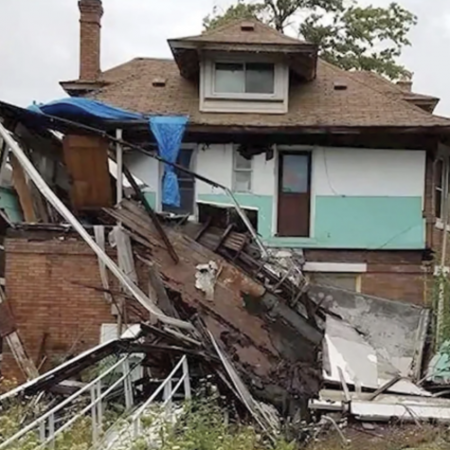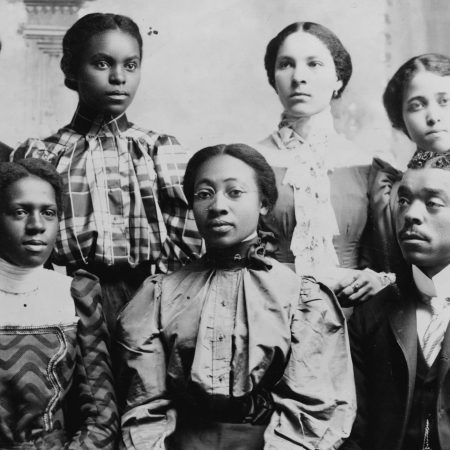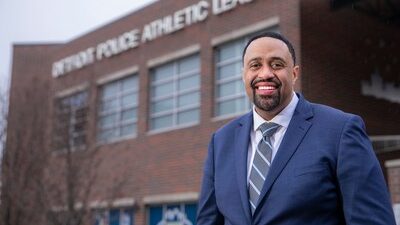State housing development authority releases new guide to combat housing shortage
The Michigan State Housing Development Authority (MSHDA) has released the Get Housing Ready Guide.
It’s a checklist for local governments to attract more housing development and investment. The state still faces a shortage of 119,000 housing units.
MSHDA Director Amy Hovey spoke with WDET about what is causing the shortage, and how the guide can help communities address it.
Listen: State housing authority releases new Get Housing Ready Guide
The following interview has been edited for clarity and length.
Amy Hovey: In the state of Michigan, we’re still about 119,000 units short of where we need to be for our current population in the state. That shortage comes from a few different things. One, the amount of people that live in each housing unit has shrunk. Quite often there’s one or only two people in the home. So, even if your population is somewhat stagnant, like it is in the state of Michigan — if you have less people in each home, you’re going to need more homes. We’ve also had a big increase in second homes and short term rentals. It’s great that we have those. That has also led to a shortage of housing for people who live here permanently. So we need to create all kinds of tools to help with the development of housing. And this guide really just kind of highlights all the different things — whether it’s zoning changes, whether it’s financial tools, whether it’s planning, whether it’s knowing where you want the housing developed, and having land control and working with land banks. There’s lots of things that a local municipality can do to really be housing ready.
Bre’Anna Tinsley, WDET News: What is the biggest obstacle that local governments are facing right now concerning attracting these investments?
AH: The cost of developing housing is really the biggest obstacle. Often in our state right now, the cost to develop housing far outweighs what Michigan families can afford. So we need everyone to come to the table to reduce those costs. Some of the suggestions we have look at their land use policy. How can they allow for a more dense housing structure? Meaning, like row houses or multifamily even for sale homes that make it more affordable to develop. Also allowing for smaller housing to be developed, which matches really what new families are looking for and also what they can afford.
I also think if local communities prioritize the development of housing, making sure that they’re reviewing plans quickly, that they have pattern books of plans they’ve already approved in the past, that they’re coming to the table and trying to make the process as easy as possible and as short as possible to get housing developed. You know, the longer it takes, the more expensive it is.
BT: I notice that particularly in Detroit, that urgency to build more housing, especially more affordable housing, we tend to lean more towards multifamily units — not necessarily single-family homes. I’m curious if the policy changes that you’re suggesting will help allow more single-family homes to be built.
AH: I do think so. I think the reason why you see a lot of multifamily being developed, particularly in Detroit, is that’s where a lot of the subsidy is geared towards. At MSHDA, we get a lot of money from the federal government that is just for multifamily. We don’t get as much assistance for homeowner for sale development.
And so really, there’s a couple things. One, we need the state government to step up and put more funding towards for-sale. We need local governments to rethink their neighborhoods, to make it more affordable for developers to come and develop for-sale housing. For example, in this guide, we talk about the housing TIFs (Tax Increment Financing) under one of the financial tools and incentives. We have seen developers across the state use that housing TIF tool to develop single family for sale housing. And so if you’re a community that’s willing to approve these housing TIFs, you’re more likely to attract these single-family kind of neighborhood developers into your community.
Trusted, accurate, up-to-date.
WDET strives to make our journalism accessible to everyone. As a public media institution, we maintain our journalistic integrity through independent support from readers like you. If you value WDET as your source of news, music and conversation, please make a gift today.Donate today »
The post State housing development authority releases new guide to combat housing shortage appeared first on WDET 101.9 FM.
